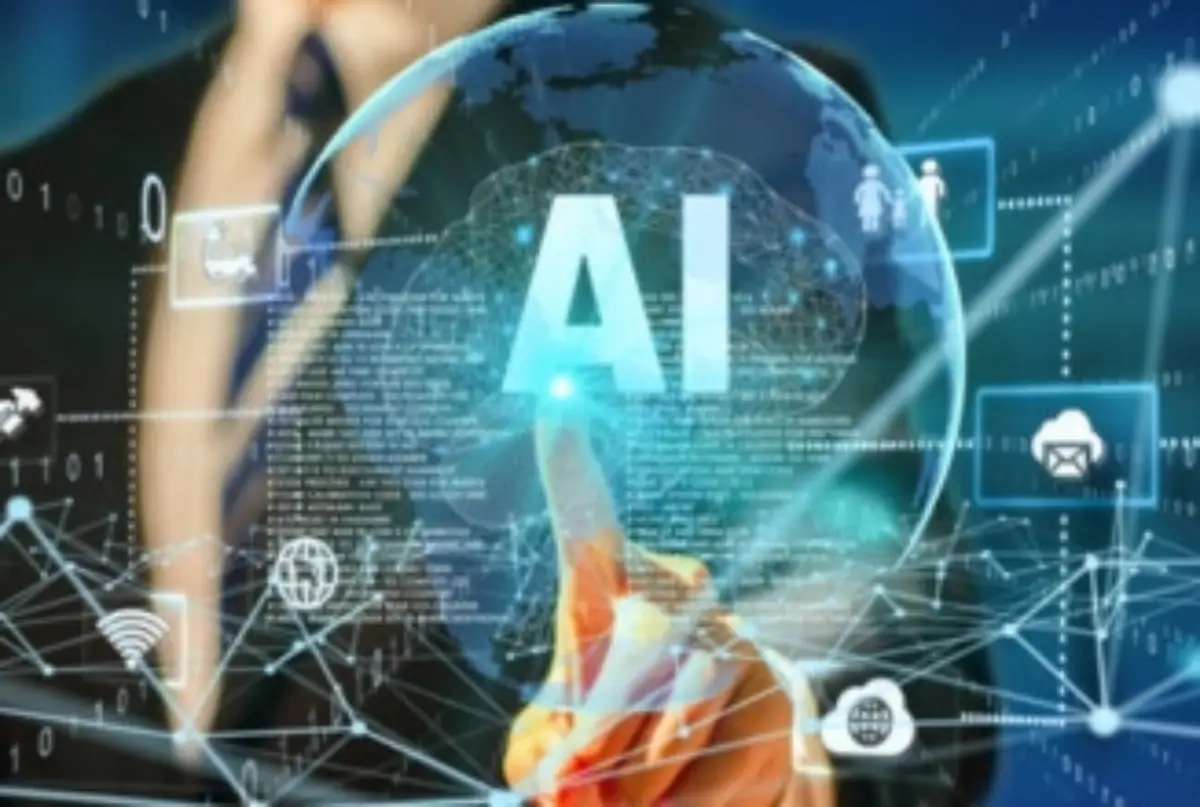
Augmented, Not Replaced: The Human Mind In The Age Of AI
By D.C. Pathak, former Director, Intelligence Bureau of India
The success of the Information Technology revolution marked a profound shift from the Industrial Age to the Age of Information. Now, with the rise of Artificial Intelligence (AI), the world is witnessing yet another transformation—towards the Age of Intelligence. This shift is propelled by a fundamental truth: all intelligence is information, but not all information is intelligence.
In the Information Age, mere access to data offered no competitive edge—everyone had it. What created value was “exclusive knowledge” or intelligence. Today, AI is increasingly becoming a tool for generating such knowledge through data analytics. But for information to qualify as intelligence, it must not only be reliable but also forward-looking, capable of revealing both opportunities and risks ahead, thus guiding strategic action.
By embedding systems of algorithms that extract actionable insights from data, AI is helping bridge the gap between artificial and human intelligence. Still, AI fundamentally remains an assistant, not a substitute, for the human mind.
As someone aptly observed, AI powered by Large Language Models (LLMs) may become a vast repository of human knowledge. While it might distinguish factual truth from falsehood, it lacks the moral compass to determine what is right or wrong. That remains the domain of human intuition, which is rooted in conscience, ethical values, and foresight.
Human logic—a distinctive feature of intelligence—arises from past experiences, observational skills, and an ability to interpret cause and effect. While some aspects of logic can be mimicked through machine learning, this is still a borrowed form of cognition.
Further, human behavior is deeply influenced by personal moral frameworks—often colored by biases or subjective beliefs—which AI cannot replicate. AI functions through data stored in memory, and LLMs have expanded its reach to understand diverse languages and customs, bringing it somewhat closer to human behavior. Yet, it remains constrained by the fundamental input-output principle.
Albert Einstein famously said, “Imagination is more important than knowledge.” He referred not to idle fantasy, but to the human capacity to see beyond the available data and envision what lies ahead. This imaginative foresight enables us to grasp the bigger picture without losing sight of the details.
Imagination and human feedback remain critical differentiators in both business and personal domains. They are particularly valuable in customer relationship management—where personalization is key—and in risk assessment, which is vital for any enterprise.
It is essential to distinguish between “intelligence,” which tests the outer limits of human cognition, and “machine learning,” which operates within clearly defined boundaries. Intelligence involves interpreting signals about the future; thus, AI earns its value primarily through predictive capabilities.
Yet, AI can only detect patterns in data. If that data captures the digital footprints of adversaries or competitors, AI can help map their modus operandi and anticipate possible next moves. Here, logic finds a limited application, but imagination remains absent—a trait unique to humans.
Given these limitations, AI’s optimal use lies in augmenting human intelligence, not replacing it. This symbiotic relationship is what drives AI’s rapid adoption across professional and commercial sectors. Data analytics, for instance, can uncover business trends, evaluate competitors, and assess internal dynamics to gain a competitive advantage.
AI is reinforcing the knowledge economy by enhancing service delivery, enabling innovation, reducing costs, optimizing workforce deployment, and improving quality of life. The ever-evolving nature of business means AI applications will never be static—they will continue to evolve alongside research and development. Yet, the strategic direction of AI use will always remain in human hands—a key limitation of AI.
As AI advances, two growing concerns must be addressed: ensuring the reliability of data and preventing misuse of AI for unethical or criminal purposes. In an era of fake news and misinformation, only verified data should feed AI systems. In fact, validating data is itself an area where AI can create significant value.
India supports international oversight of AI research to ensure transparency and uphold the common good. In contrast, the U.S. views AI primarily through an economic lens and seeks to retain ownership of research and innovation.
At a strategic level, AI can offer new tools for national security and intelligence but could also pose risks to global geopolitical stability. India has rightly emphasized the need for an ethical approach to AI, advocating for collective responsibility in minimizing its potential dangers while harnessing its benefits for humanity.
It is telling that recent Nobel laureates in Physics—John J. Hopfield and Geoffrey E. Hinton, pioneers in machine learning—have issued stark warnings. They caution that AI, if left unchecked, could even pose an existential threat to humanity.



